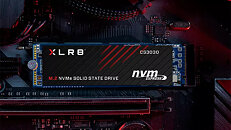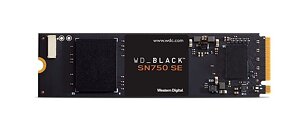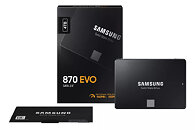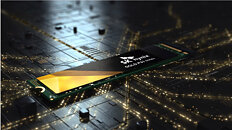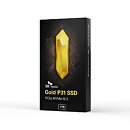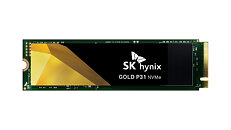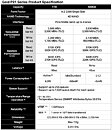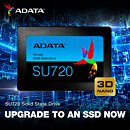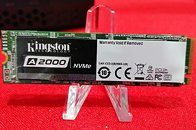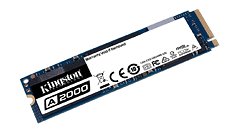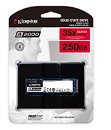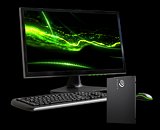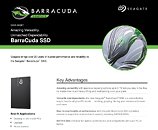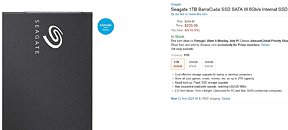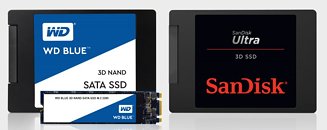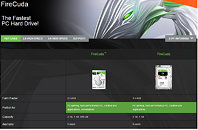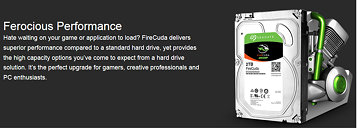
Kingston Adds New Form Factor to NV3 PCIe 4.0 NVMe SSD
Kingston Digital, Inc., the flash memory affiliate of Kingston Technology Company, Inc., a world leader in memory products and technology solutions, today announced it has added a new form factor, to join the previous 2280 model, NV3 PCIe 4.0 NVMe M.2 2230 SSD for users looking for a high-speed, low power NVMe storage upgrade for compatible laptops and handheld gaming consoles.
The Kingston NV3 PCIe 4.0 NVMe 2230 SSD is a compact single-sided M.2 2230 (22x30mm) design that provides storage expansion up to 2TB2 for systems with limited space. Powered by a Gen 4x4 NVMe controller NV3 2230 delivers read/write speeds of up to 6,000/5,000 MB/s, creating a more responsive system able to handle a wide range of workloads.
The Kingston NV3 PCIe 4.0 NVMe 2230 SSD is a compact single-sided M.2 2230 (22x30mm) design that provides storage expansion up to 2TB2 for systems with limited space. Powered by a Gen 4x4 NVMe controller NV3 2230 delivers read/write speeds of up to 6,000/5,000 MB/s, creating a more responsive system able to handle a wide range of workloads.


















































